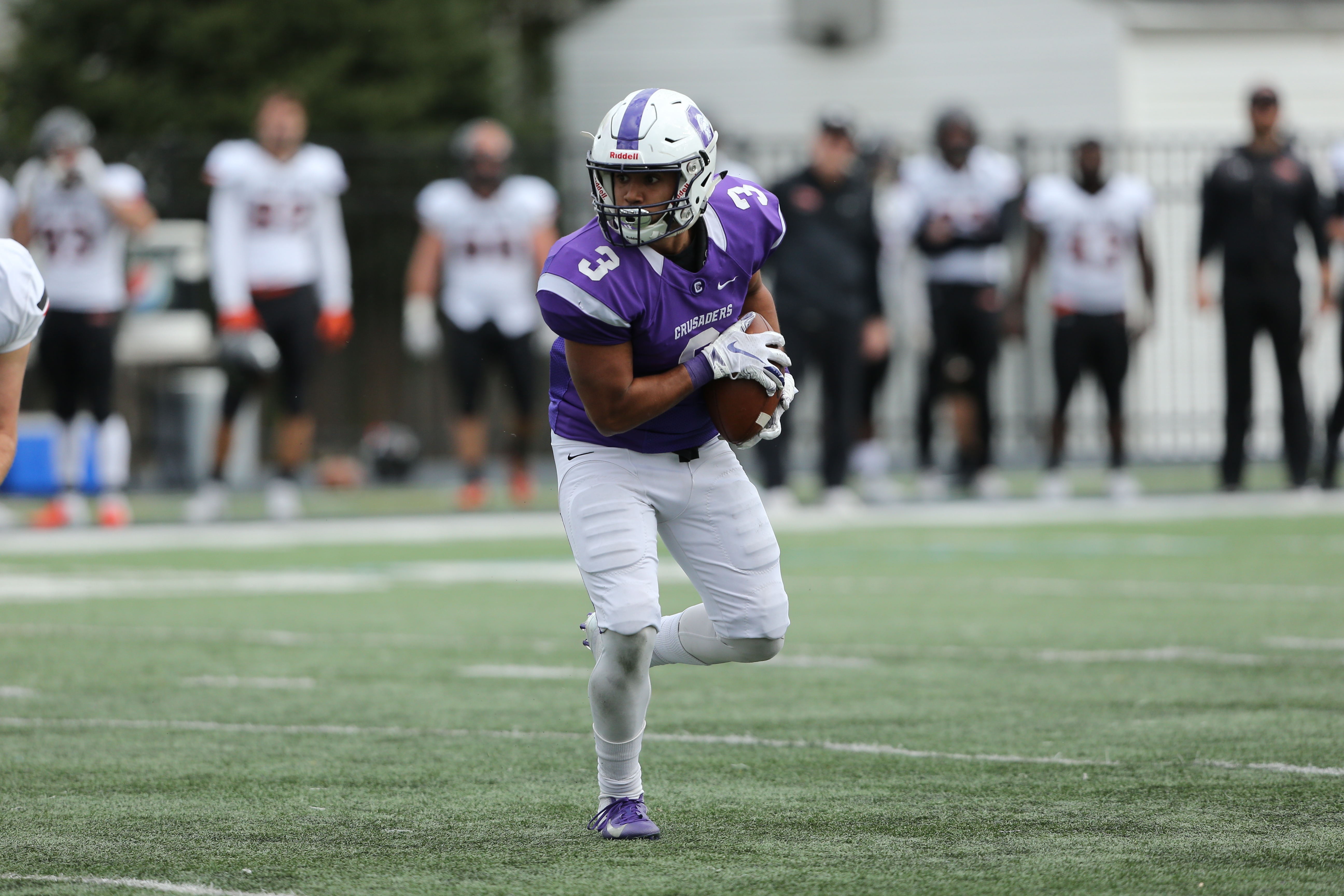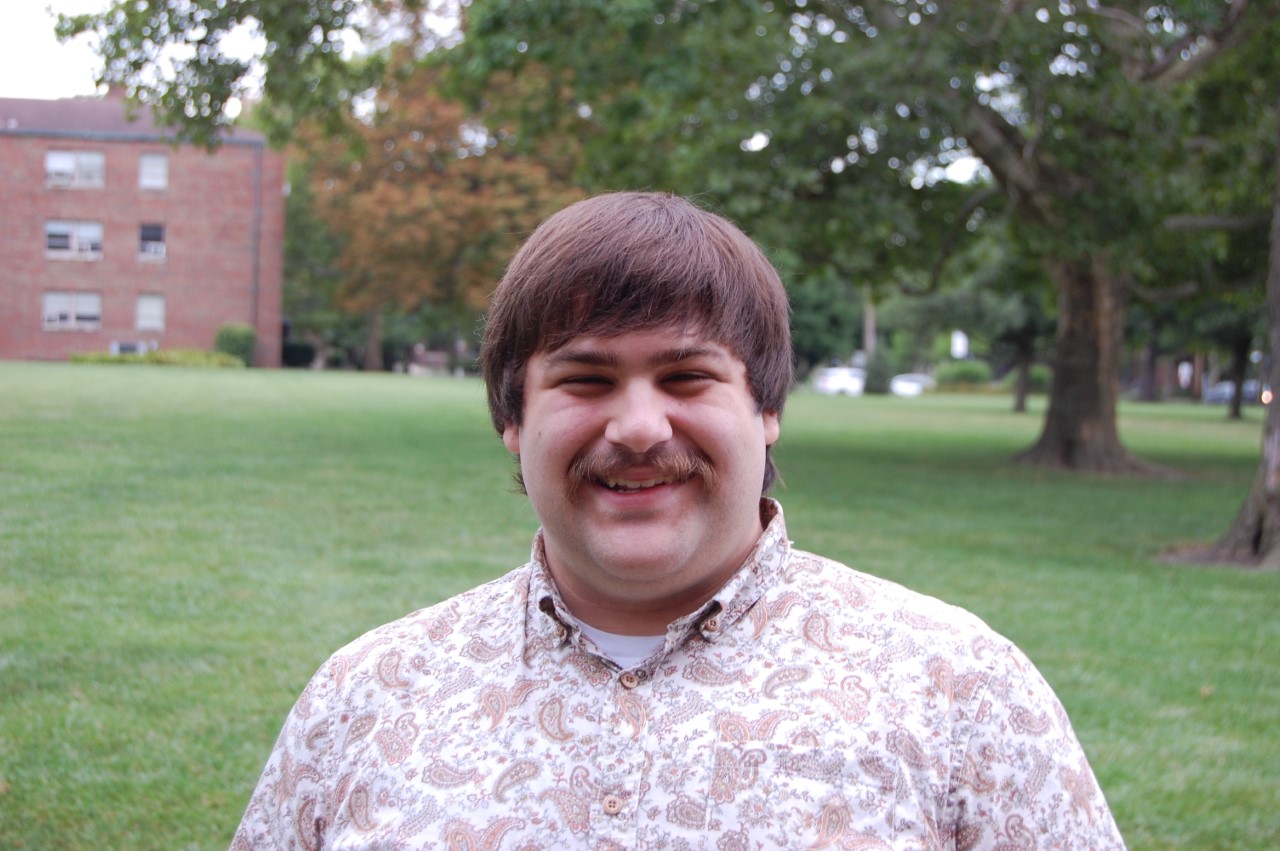The landscape of college athletics has changed forever following the NCAA changing its rules regarding athletes profiting off of their name, image, and likeness (NIL). Like most schools under the NCAA umbrella, Capital is changing with the times.
On Aug. 2, the University released a statement announcing their new policies and guidelines for Capital student-athletes.
In addition to satisfying the NCAA’s NIL rules, the guidelines also follow Ohio law, which was put into place when Gov. Mike Dewine signed an executive order back in June.
With these new policies and guidelines, athletes at Capital can be fairly compensated for their name, image, and likeness. This includes the ability to hire an agent, as long as they are registered under Ohio law.
Student-athletes are required under the policy to disclose contact information and compensation agreements at least a week prior to committing the activities. The University will then review the agreement to make sure there aren’t any conflicts with university sponsorships.
Oher rules in the policy include that university coaches or staff cannot be involved in the NIL work of their athletes, student-athletes cannot use any of the university’s trademarks or logos for their NIL work, and athletes cannot use any of Capital’s facilities for their name, image, and likeness deals.
While athletes are mostly free to pick and choose their own work, the university has a few limitations put in place. Hard liquor, tobacco, and gambling are just a few of the prohibited industries.
Student-athletes are also not allowed to sell anything given to them by the University as a part of their NIL work.
The university policy also stresses that any income that is generated will likely be taxable and that it is up to the athlete to keep track of their own finances. The policy also states that any income that an athlete may get could change their eligibility for need-based financial aid.
It is certainly an unknown time to be a student-athlete, but schools are trying their best to put guidelines and policies in place that will assist athletes with their futures.


